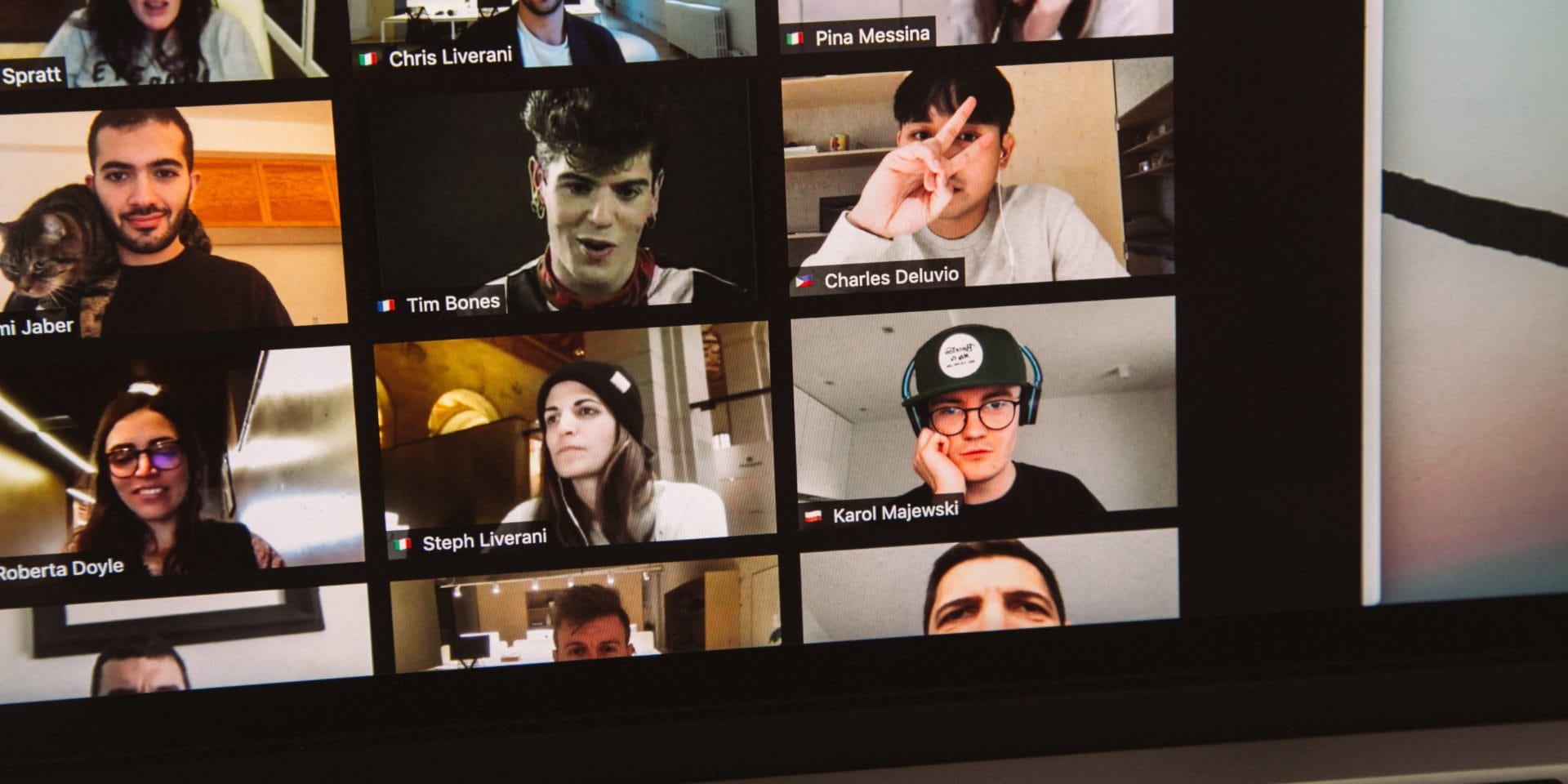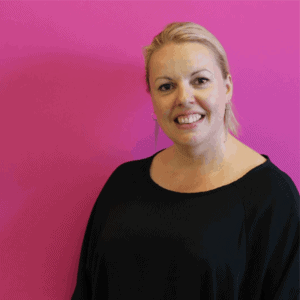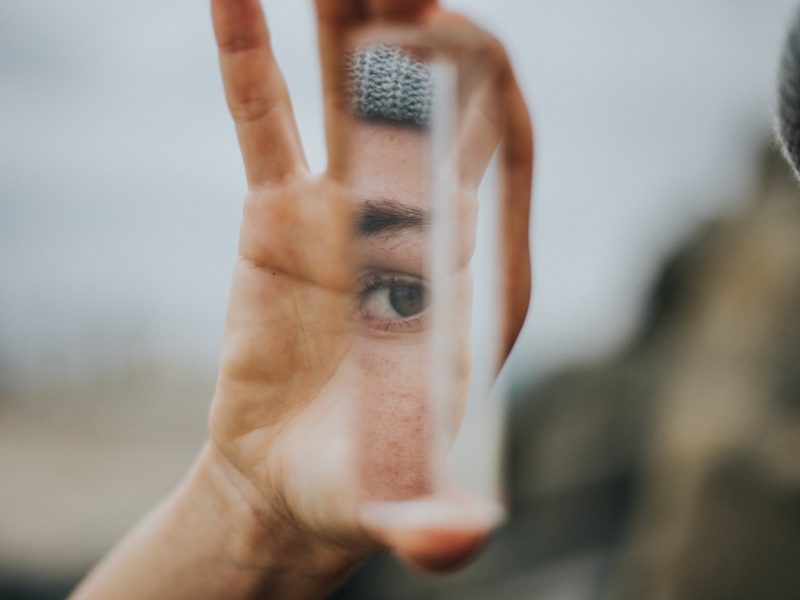Yesterday, I found myself transported back over 20 years: dashing down the escalators whilst switching my radio mic and earpiece on and opening the door shutters to Mango Plc’s flagship store in Oxford Circus…. all courtesy of Daft Punk’s “One More Time” – the first song on the store’s Spring 2001 playlist and the same song playing on the radio when I got in the car yesterday morning. I never even liked that tune much, but it was the perfect energizer to get the team moving and switching us all on as we welcomed the first customers of the day. Aside from the inevitable “Oh my god I’m so bloody old” thoughts as I realised I was barely in my mid-twenties when that song came out, it got me thinking about my retail store management days and all of the different teams I’ve worked with in my career so far.
As anyone who’s worked in retail knows, stores really are one of the best places to watch teamwork in action, and retail management is a crash-course in managing people, personalities and understanding the dynamics that make the difference between a successful team and one that can bring the whole show down pretty quickly. A fashion retail store environment is a myriad of tasks, responsibilities, skills and behaviours that all need to work seamlessly together if your customer is to be on the receiving end of a great experience, and it all needs to happen at pace and in public, so being part of, or leading teams in this context means you’re always “on”. I worked in retail management in central London for nearly a decade, across a variety of brands, learning how to manage and lead successful teams from some of the best in the business (and how not to do it from some of the worst!). It’s a time I look back on with fondness and an overriding sense of ‘thank god I did it when I was young as I’d never have the energy now’, and like most things in life, those experiences helped me in the next stages of my career as I used transferable skills to move into training and learning & development.
I must have been in a reflective mood yesterday because after several store management flashbacks I then started thinking about all the other types of work teams I’ve been part of. Teaching in a fashion college meant being part of a really friendly, fantastically creative, fun & supportive team, yet doing the majority of my actual job role on my own; Working in retail head office involved more hierarchy, but also a huge pool of talent to turn plans into reality; Being freelance necessitated wearing multiple hats, and being a small part of much wider, less connected teams; Volunteering for charities was more about individual tasks than team responsibility; Heading up learning & development in an Adult Ed organisation required lots of remote working, but also lots of really meaningful coaching relationships built on great one-to-one connections; A flexible-working role, part office and part home-based resulted in back-to-back meetings on the days I was in the office and always feeling my time was compromised. And now? In our stay-at-home / don’t-stay-at-home world? I seem to have reached a happy equilibrium in a close-knit team, working mostly at home, sometimes somewhere else, often on Zoom, occasionally in the garden…. it’s great for me, but it might not work for everyone.
I must have been in a reflective mood yesterday because after several store management flashbacks I then started thinking about all the other types of work teams I’ve been part of. Teaching in a fashion college meant being part of a really friendly, fantastically creative, fun & supportive team, yet doing the majority of my actual job role on my own; Working in retail head office involved more hierarchy, but also a huge pool of talent to turn plans into reality; Being freelance necessitated wearing multiple hats, and being a small part of much wider, less connected teams; Volunteering for charities was more about individual tasks than team responsibility; Heading up learning & development in an Adult Ed organisation required lots of remote working, but also lots of really meaningful coaching relationships built on great one-to-one connections; A flexible-working role, part office and part home-based resulted in back-to-back meetings on the days I was in the office and always feeling my time was compromised. And now? In our stay-at-home / don’t-stay-at-home world? I seem to have reached a happy equilibrium in a close-knit team, working mostly at home, sometimes somewhere else, often on Zoom, occasionally in the garden…. it’s great for me, but it might not work for everyone.
Thinking back on the teams I’ve been part of, it struck me that the key difference between the ones I’ve enjoyed and those I haven’t, for me, is meaningful connections with my others. I’m an introvert, and although I love spending time with people, large groups and surface interactions take me out of my comfort zone and are pretty draining. I’m at my best when I can slowly develop strong relationships and get to know people properly. What the pandemic has taught me is that these relationships can absolutely be built on screen, with those important opportunities to meet in person providing the glue that really creates the bond. In our business, our core team is geographically far-flung, but works very closely together, and we’ve realised this is only possible if we focus on our organisational values, think about how we communicate and take the time to consider our individual needs and responses to our ever-evolving situation. Our team has grown and changed over the last couple of years, as has our business, and who knows where we would be if the pandemic hadn’t happened. But what’s important as we all try to get used to our Covid19 world, is that we haven’t tried to reinstate our ways of working from two years ago – we’ve changed as individuals, having had different experiences, and the what, how and why of all of our roles has also shifted. As such, the dynamics of each team and the wider organisational team have also transformed, and as a senior leader in the business it’s something I need to think about and recognise the implications for myself, each of my team members and the business as a whole. Going back to my flashback conclusions – it’s connection that’s the key to successful team dynamics, so we need to create opportunities for this to happen, strengthening working bonds and moving the business forwards, whatever 2022 brings.
Our working world remains dynamic and changeable, so we need to be dynamic too if our people are to operate at their best. Emerging-u can help you evaluate how your business has changed, and how your teams are feeling, then work with you to create a thriving culture that drives success. Connect with us to explore how we can work together





